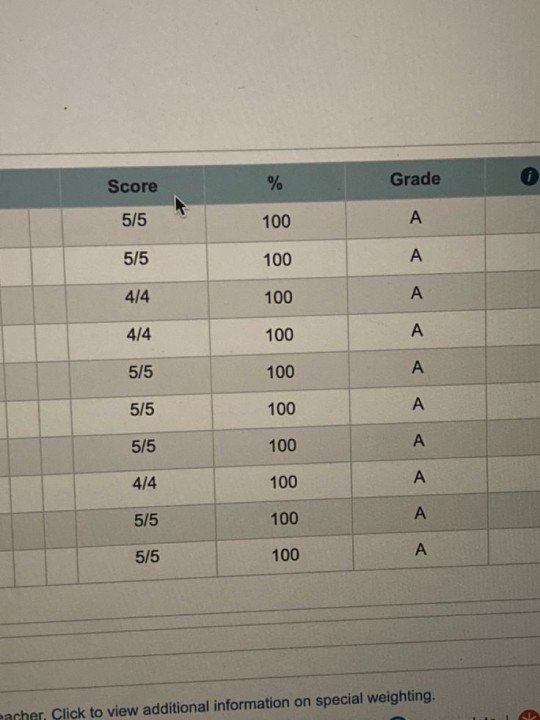Text
moodboard ♡




#study aesthetic#moodboard#study mood#studblr#perfect#perfect grades#student#study tips#study#studying#study motivation#study hard#study notes#study blog#studywithme#pinterest#stay focused#success#mindset#straight a student#a+#intelligent#metime#dontgiveup
34 notes
·
View notes
Note
any advice for achieving a-level grades at A and A*?
the usual A* tips:
make your revision resources as you go
use apt and different study methods for each subject
do your homework as soon as it's set
make in depth plans for coursework before starting the main project (dissertation plans, to do lists etc.)
have a reliable and efficient organisation system
have a morning, after-school, night and weekend routine
studyquill: how to be a straight A student by @studyquill (who inspired me to make this blog in 2017, haha)
advice for stem subjects:
how to study maths (1) (2)
how to memorise formulae
unjaded jade: A* in a-level maths
unjaded jade: A* in a-level biology
unjaded jade: A* in a-level chemistry
fayefilms: Cs to 4 A*s at a-level (physics, biology, maths, economics)
aymara anahi: a-level A* step-by-step guides (physics, biology, chemistry)
ibz mo: A*/A psychology a-level advice
mariana’s corner: 15 study tips for science students
advice for humanities subjects:
studying history at a-level
speaking exams tip for modern foreign languages
detailed single word analysis made simple
how to structure essays
substitutes for ‘shows’
jack edwards: A*A*A* at a-level (history, english, politics)
ibz mo: A*/A english literature a-level advice
immie sophie: a-level languages IRP advice
life with blessy: A/A* a-level french (1) (2)
further advice:
you are a student before anything else: schedule social outings and extra curriculars around your studies, not the other way around.
always have an ongoing to-do list; don't let it get empty: it might seem overwhelming at first, but you'll come to realise that there is always something you can be doing towards your grades.
use the specification and teaching documents from the exam board! stem subjects especially have a plethora of online documents detailing exactly what you need to know, whether it be content, maths skills and formulae, vocabulary or exam technique. print them off and go through as many as you can find!
perhaps don't bother with the EPQ: if the entry requirements of the university course you're aiming for cannot be lowered by the EPQ, it might be better to spend your time focusing on your courses, as many find that the EPQ takes just as much time as another subject.
ask for 1-to-1 sessions: if there's a topic you're struggling with, mention it to your teachers and be willing to sacrifice your free time (lunches, free periods, after schools etc.) to run through it with them 1-to-1.
fight for teachers that meet your needs: if you have a teacher who isn't helping you to excel and whose teaching methods possibly aren't the strongest, bring it up to your institution's director. it's their job to make sure that you're recieving the best standard of education possible.
talk to your tutors and teachers about your workload if it's becoming overwhelming at all.
evaluate your priorities, study methods and organisation system after each half-term.
complete your university research and application (including your reading for and writing your personal statement) before year 13 starts: it will save you so much time, as many feel that the UCAS process is like picking up another subject as well.
start preparing for university admissions exams over the summer, before year 13: UCAS gives a run down on which courses require admissions tests, here.
other masterposts:
how to get started studying - a neurodivergent’s guide
how to deal with a lack of motivation
how to study when everything sucks
study tips for different learning styles
how to take notes from a textbook
habits of successful students
how to do well in a class taught by a crappy teacher
how to avoid education burnout
how to revise big subjects
how to get good grades and still have a life
2K notes
·
View notes
Text
what this blog is
a study diary/log, plus tips and motivation for you! ♡
#study#study aesthetic#study blog#study motivation#study tips#studyinspo#studyspo#study hard#study notes#studying#academic#academicexcellence#grades#straight a student#study sesh#studywithme#handwriting#new blog#tumblr diary#diaryposting
3 notes
·
View notes